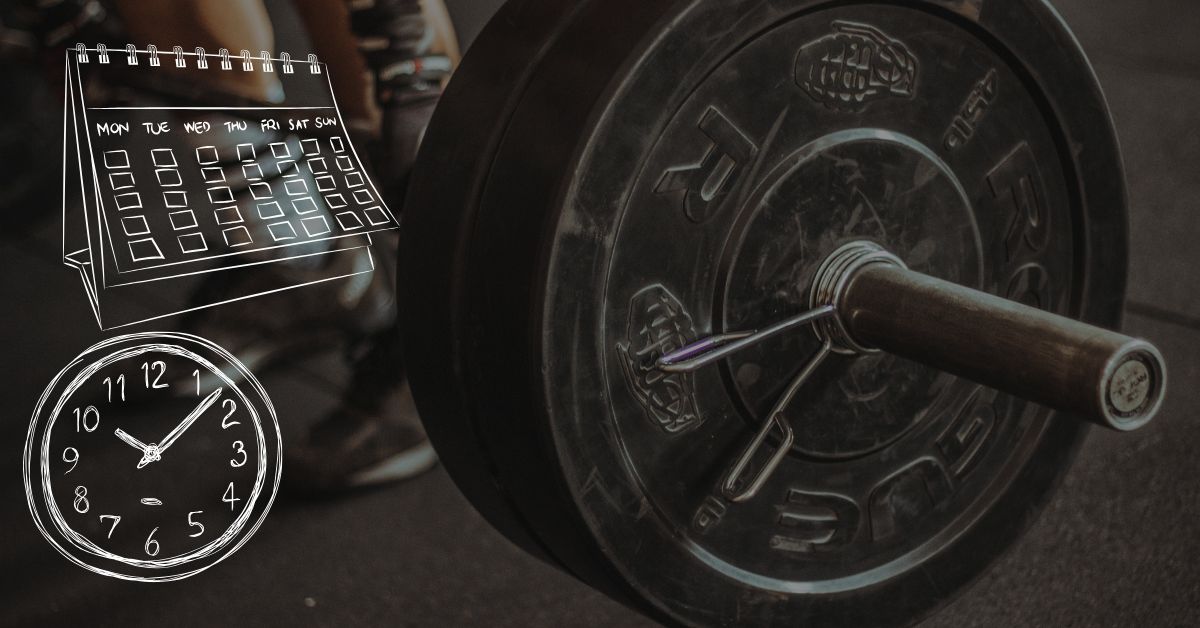Get ready to kick off winter with 7 Bamboos RFC!…

Can athletes succeed on a vegan diet?
“My best year of track competition was the first year I ate a vegan diet.” Carl Lewis
It’s hard to think of any other diet that has gained so much popularity in recent years as a plant-based diet.
While a vegan lifestyle might be once praised and practiced by health and environmentally-conscious people, many athletes from all sports across all levels have discovered the numerous benefits.

Several high-profile athletes, including Formula One driver Lewis Hamilton, tennis legends Novak Djokovic and Venus Williams, as well as UFC fighter Nate Diaz, strive to avoid using animal products.
In other words, if veganism works for some of the best in the world, there is something to it.
In this article, we will explore how a vegan diet can boost performance and provide inspiration for greener, healthier, and better-eating habits.
Vegan diets and sports? What’s the story behind it?
Veganism is experiencing a massive global hype but believe it or not some evidence suggests that even the Gladiators in Ancient Rome were sticking to a meat-free diet during their training programme.

In a similar fashion, wrestlers in the Hindu culture were conscious of the performance-enhancing effects of such eating habits.
Later, from the 1810s onwards more thorough studies were conducted that proved the benefits of plant-based diets.
Many experiments across the UK, Germany and the United States rebutted the theory that a meat-free diet leads to weak, unathletic, nutritionally deficient, and slightly preachy bodies.
Other early examples of successful athletes with a meat-free diet include an aristocratic real tennis player who won a silver medal at the London 1908 Olympic Games and was an early promoter of vegetarianism in Britain.
A few years later Paavo Nurmi would establish himself as the greatest middle- and long-distance runner of the 20th century. He won nine Olympic golds.
The Australian swimmer Murray Rose, nicknamed “the seaweed streak” because he ate a lot of seaweed in his vegan diet, was 17 when he won three Olympic golds in 1956.
Researchers from the England-based Vegan Society, founded in 1944 when the movement began, is overseeing “the fastest-growing lifestyle movement of the 21st century”.
Its researchers put the number of vegans in Britain at 542,000 — up 260% in 10 years — and estimate that about 1% of the population in Britain, Germany and the US is vegan.
What exactly are the benefits of a vegan diet?
When it comes to the benefits of a vegan diet, the list is long and although a lot of research has been conducted, it is important to stress that in many areas more scientific evidence is needed.

However, the following list of benefits seems to have a solid scientific backing:
Lower the risk of heart disease
Even the fittest athletes are at risk for heart disease. While heart disease is not the first thing that comes to mind when talking about athletes.
The good news: in one study, 44 percent of endurance cyclists and runners had coronary plaques. A plant-based diet keeps athletes’ hearts strong by reversing plaque, bringing down blood pressure and cholesterol, and reducing weight.
Reduced Inflammation
An extremely important one for sportspeople who endure pain due to injuries all the time.
Meat consumption and high cholesterol levels aggravate inflammation, which can result in pain and impair athletic performance and recovery. Studies show that a plant-based diet may have an anti-inflammatory effect.
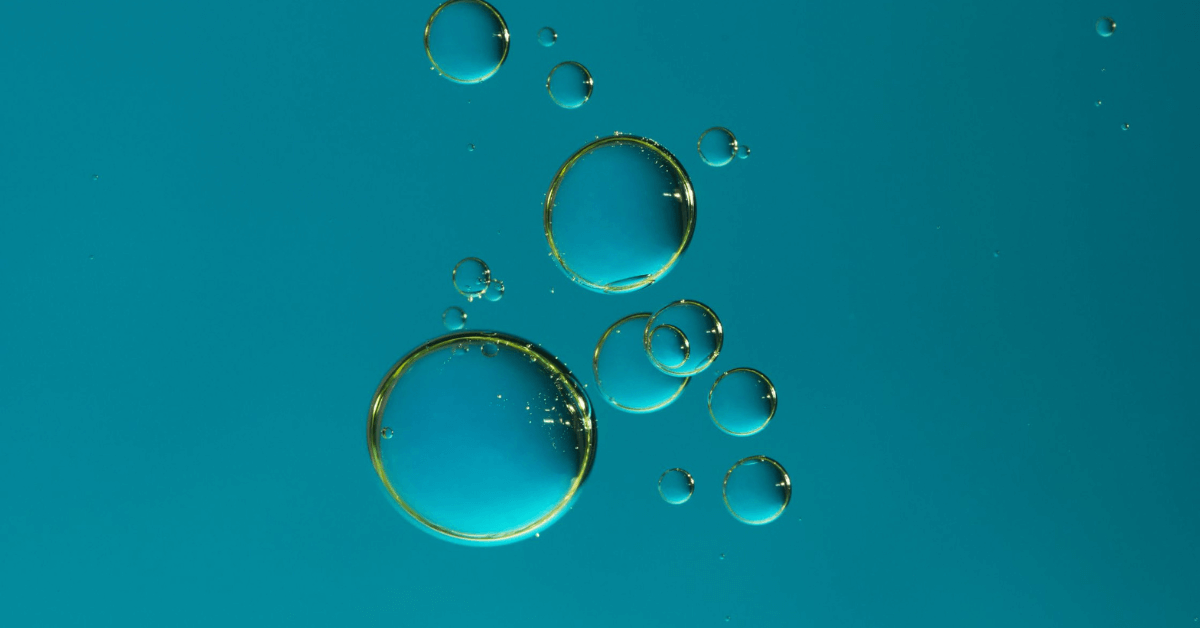
More Oxygen
To perform at their best in sports, athletes need to be able to pump a lot of oxygen into their muscles.
A plant-based diet, which is low in saturated fat and free of cholesterol, helps improve blood viscosity or thickness. That helps more oxygen reach the muscles, which improves athletic performance.
Let it flow
With good blood flow, more oxygen is able to flow to your muscles, which means that it will take longer to get fatigued, resulting in a better/longer workout.
Plant-based diets improve arterial flexibility and diameter, leading to better blood flow. One study found that even a single high-fat meal, including sausage and egg McMuffins, impaired arterial function for several hours.
Less fatigue
Recovery is the key to success. Competitive athletes are constantly seeking ways to recover quicker following training and competition.
Compared with meat-eaters, people eating a plant-based diet get more antioxidants, which help neutralize free radicals. Free radicals lead to muscle fatigue, reduced athletic performance, and impaired recovery.
Get rid of the flap
A vegan diet often results in body fat loss, which is more than just a welcome side effect.
Plant-based diets, which are typically low in fat and high in fiber, can reduce body fat. Reduced body fat is associated with increased aerobic capacity — or the ability to use oxygen to fuel exercise.
Studies show that athletes on a plant-based diet increase their VO2 max — the maximum amount of oxygen they can use during intense exercise — leading to better endurance.
Let’s talk about eating
Since we have discussed the benefits of vegan diets in sports and mentioned several vegan athletes who have achieved success, you may be inclined to give it a try. But where shall I start, we hear you asking.
What are vegan athletes eating?

A carefully selected menu of vegan meals consists of three important pillars. High in carbohydrates, high in protein and low in fats.
In addition, plant-based foods are rich in vitamins, minerals, and antioxidants which can all support or improve your athletic performance.
Carbohydrates: Carbohydrates are the primary fuel used during high-intensity exercise. Evidence shows that adding carbohydrates to your diet improves endurance and performance.
Protein: Plant-based protein sources are best because, unlike animal sources, they contain fiber and complex carbohydrates. Athletes looking for additional protein can get an extra boost from beans, non-dairy milk, nuts, seeds, and soy products, including tofu and tempeh.
Low-fat: Plant-based diets, which are typically low in fat and high in fiber, can reduce body fat. Reduced body fat is associated with increased aerobic capacity.
We’ve compiled some inspiration for breakfast, lunch, and dinner that will make your day perfect. Our list also includes some tasty and nutritious snacks.
Vegan Breakfast Ideas
For many breakfasts is the most important meal of the day. Especially for athletes it can ensure a perfect start in the day or depend on the eating habits a brilliant tool for recovery after an early morning training session.
All meals are created by the Physicians Committee for Responsible Medicine.
Enchanted Smoothie Bowl
The perfect breakfast for a lighter and more energetic start to the day.
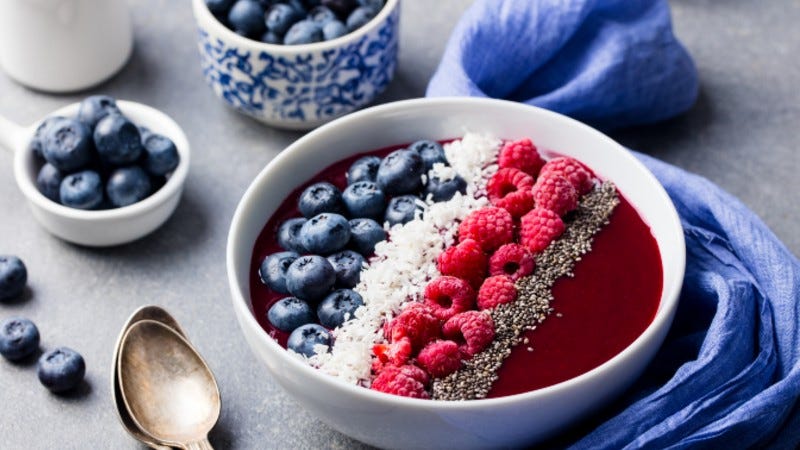
Vegan French Toast
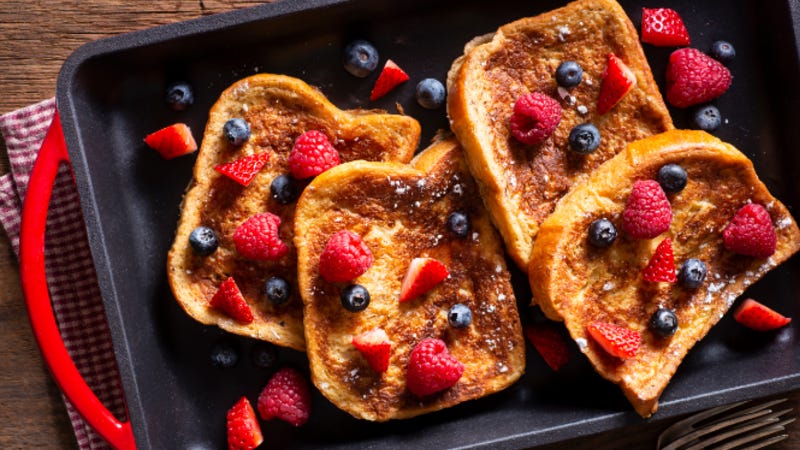
If you fancy a bit more substantial breakfast and don’t want to cut out bread, try this delicious Vegan French Toast
Lemon-Berry Pancakes
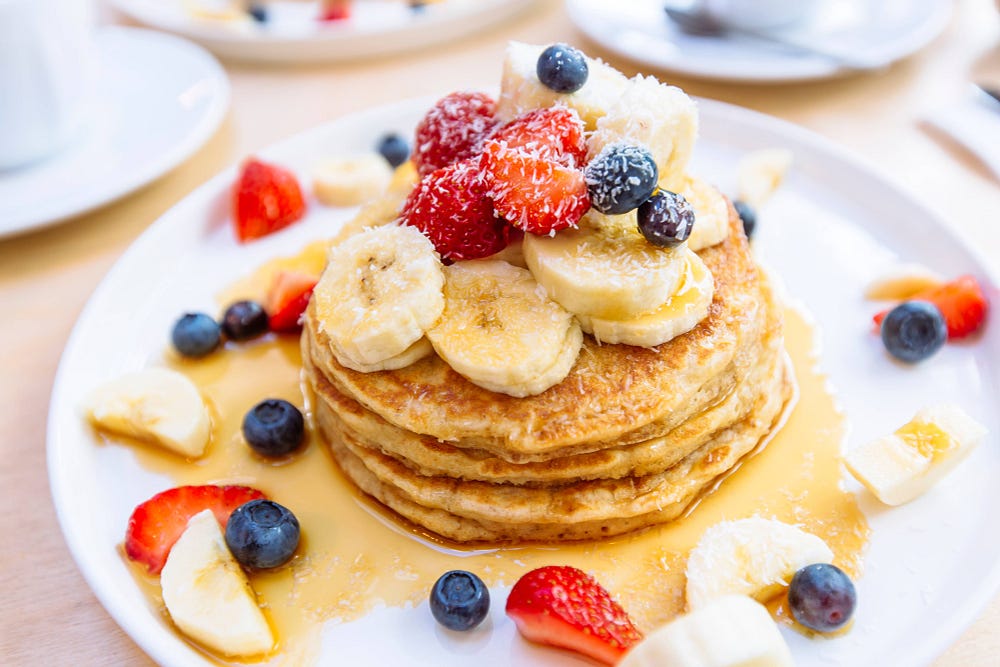
Who doesn’t love some pancakes in the morning? They’re also a crowd pleaser for the whole family.
Vegan Lunch Ideas
Refill the engine with these easy-to-make lunch ideas
Hummus and Sun-Dried Tomato Wrap
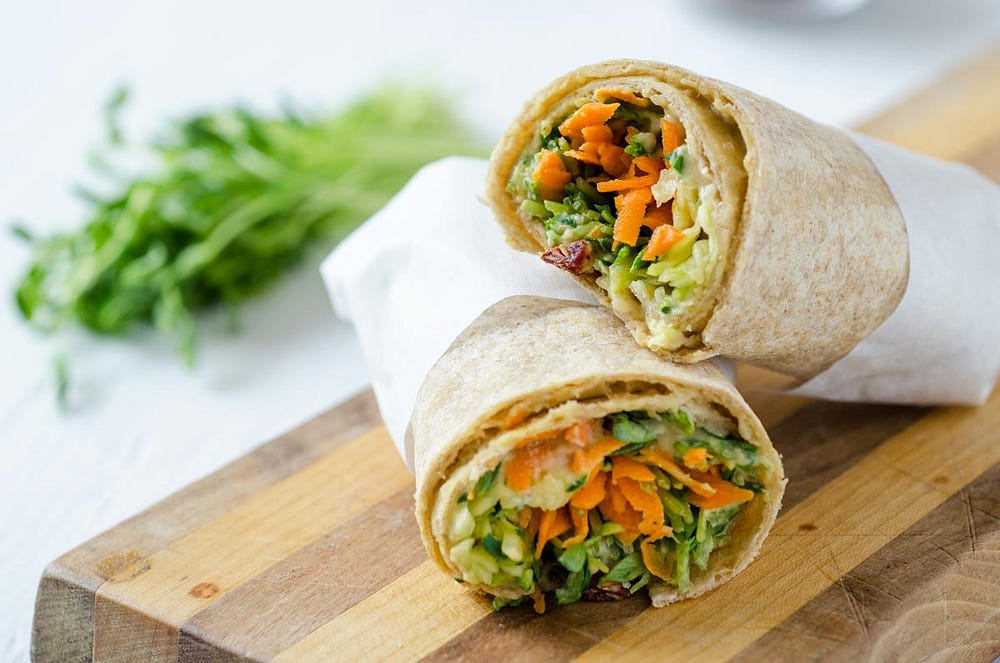
With no cooking and minimal preparation, you’ll have a delicious meal in minutes!
Carrot Dogs

What a great idea to replace beloved hot dogs.
Israeli Couscous with Carrots, Peas, and Red Wine Vinegar
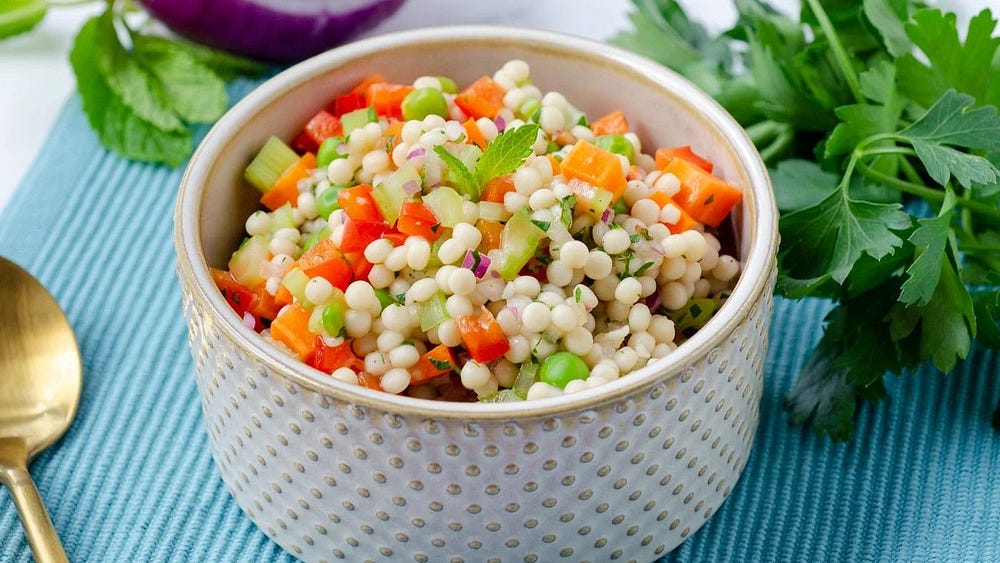
Israeli couscous is creamy and fluffy, balancing out the bite of the onions and vinegar.
Vegan Dinner Ideas
Finish the day strong with a nutritious and tasty dinner.
Italian Fusilli with Sun-Dried Tomatoes and Artichoke Hearts
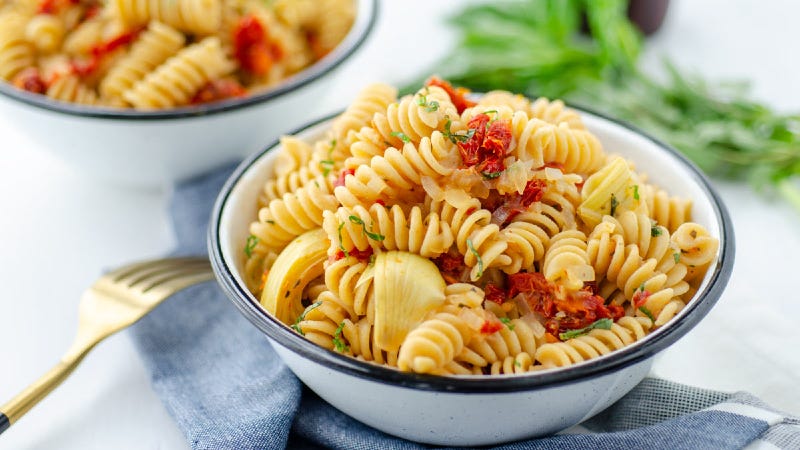
Something for all the pasta fans
Vegan Sweet Potato Shepherd’s Pie
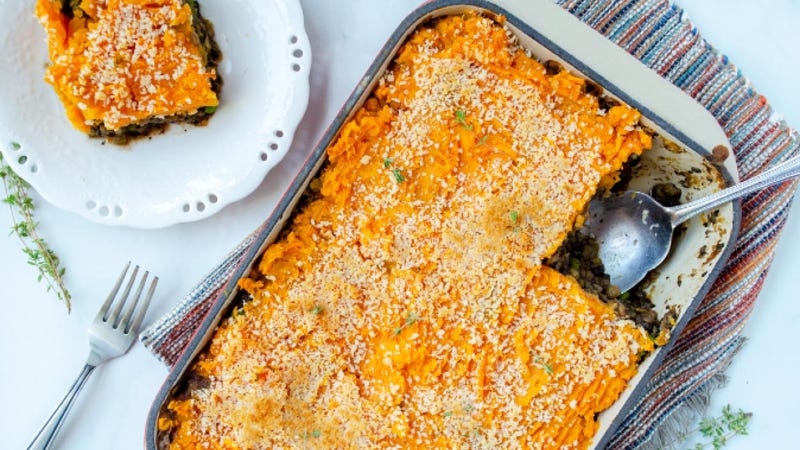
This is another meal that works perfectly as a family-friendly dinner
Grilled Tofu with Smoky Barbecue Sauce
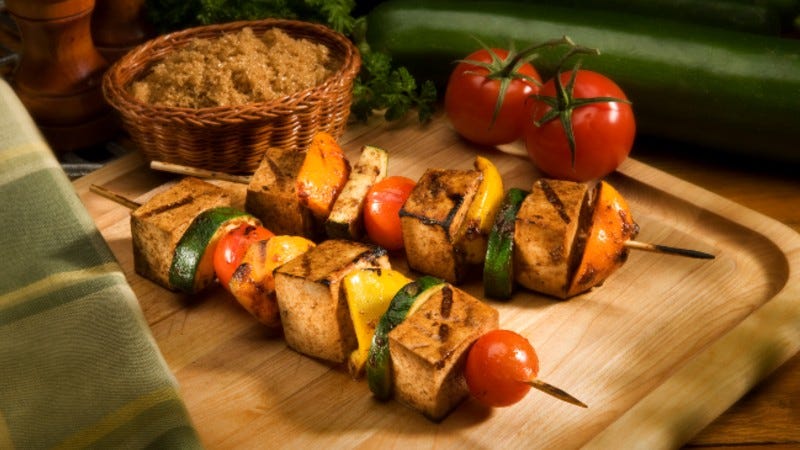
One for the BBQ season. The tofu in this dish is best grilled, but can also be baked.
Vegan Snack Ideas
Healthy snacking is possible. Try these three simple vegan suggestions.
Fantastic Fruit Salsa with Cinnamon Chips
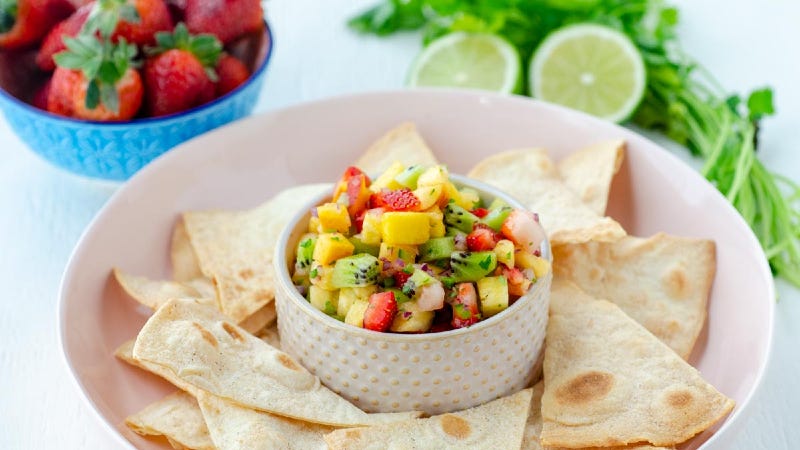
Fruit Pops
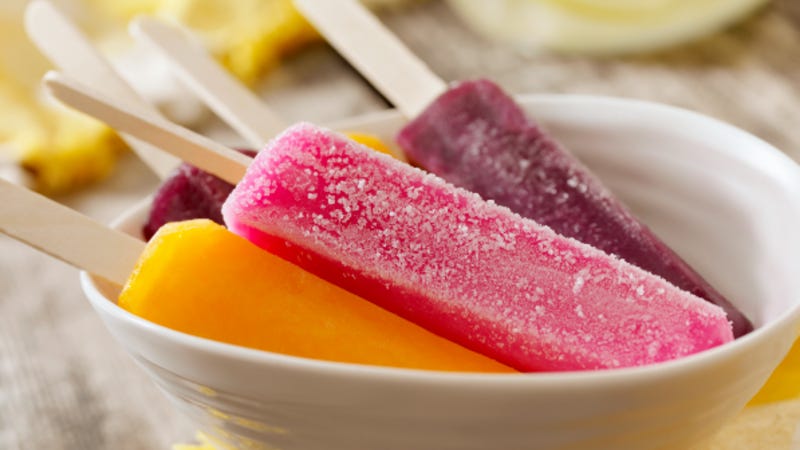
Perfect for the summer and so simple
Italian Chickpea Nibbles
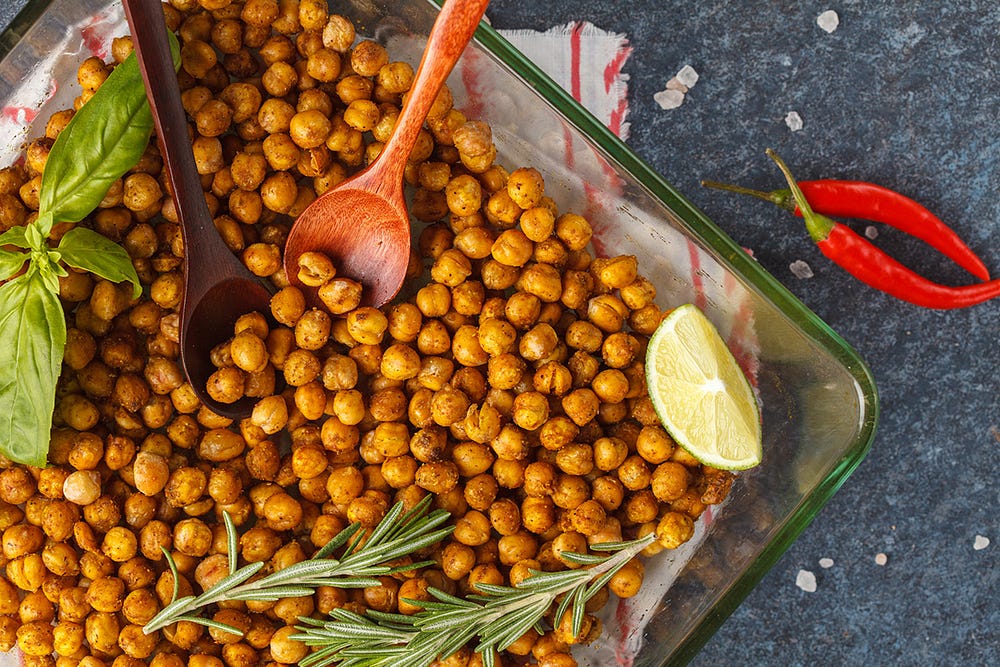
These nibbles are a great snack or appetizer. You can eat them right away for a tasty crunch or after they’ve cooled down when they’re a bit chewy.
Vegan Protein Powder
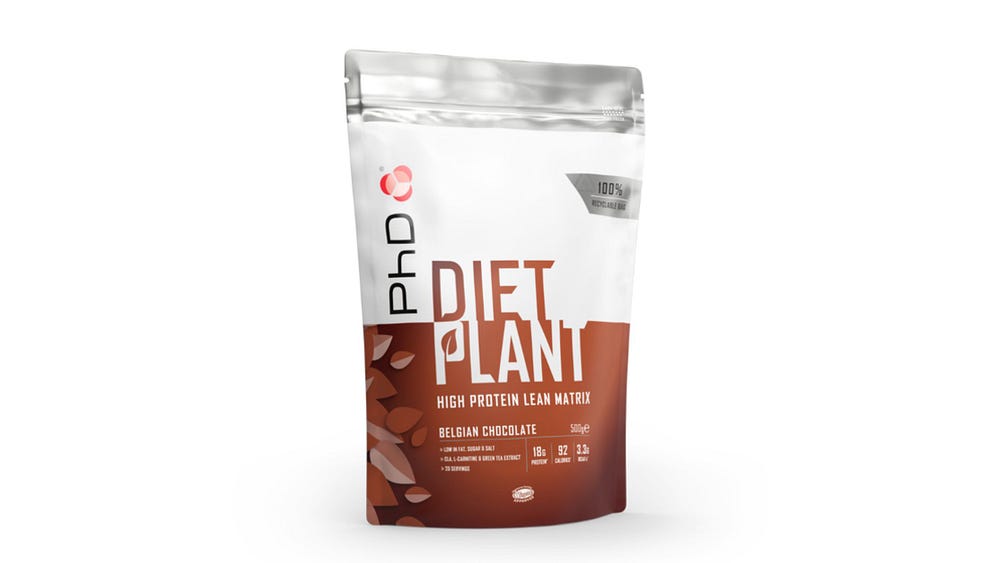
The PhD Diet Plant Vegan Protein is a high-protein shake that provides you with 18 grams of Protein per serving that is completely vegan with added probiotics to aid in digestion.
#vegan #vegandiet #veganism #veganathletes #meatfree


